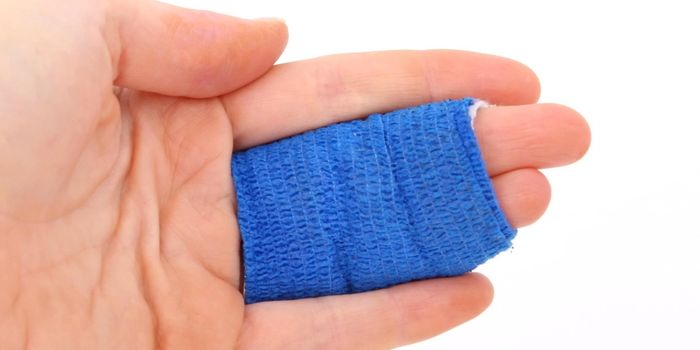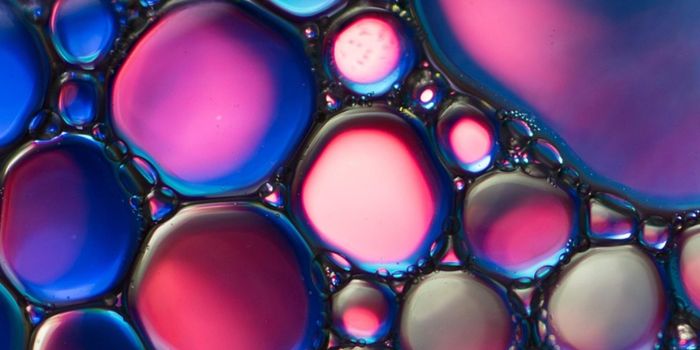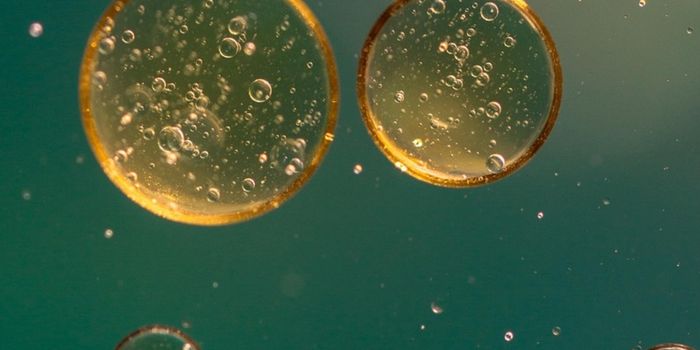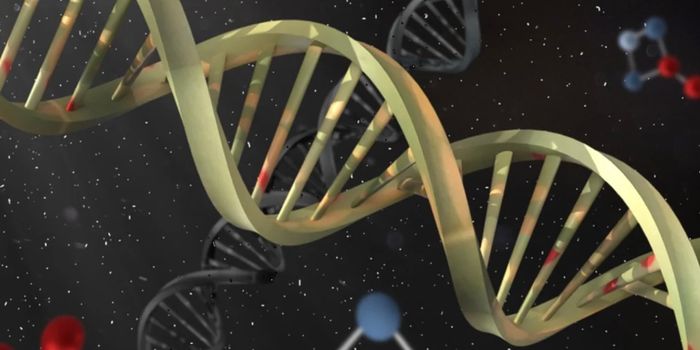Lipids are Crucial to a Kind of Cellular 'Housekeeping'
The body has to clear away dead cells and other unnecessary or unneeded stuff, and one mechanism that is crucial to the degradation of such materials is called LC3-associated phagocytosis (LAP). This special pathway is also related to cancer-fighting processes, the control of inflammation, and innate immunity. Now, scientists have found that lipids are crucial to the initiation of LAP. The findings have been reported in Nature Cell Biology.
Cells can encircle stuff that is about to be degraded in LAP with phagosomes, binding things with a membrane. The LAP pathway can be triggered by dead cells; particles that are linked to antibodies; and pathogens.
During LAP, a protein called LC3 degrades the stuff in the phagosomes. Previous work has shown that when LAP is blocked, anticancer pathways that have been found in the tumor microenvironment are boosted.
Now this study has found a molecular trigger of LAP. The work showed that when LAP is activated, the levels of a lipid known as phosphatidylserine are increased in the membrane of the phagosome. Once that happens, a molecular machine called the Rubicon-containing PI3-kinase complex initiates an enzymatic cascade, which ultimately triggers LAP.
"Understanding the signals that initiate LAP offers opportunities to leverage LAP for therapeutic purposes and target it in the tumor microenvironment to promote anticancer immunity," said corresponding study author Doug Green, Ph.D., of St. Jude Research Hospital.
This is the first evidence that lipids are related to the control of LAP, and confirms that phagocytosis is dependent on conditions in the membrane. Lipids are crucial to membrane dynamics.
"While phosphatidylserine is typically found on the inner leaflet of membranes, its functional role there wasn't well understood," said first author Emilio Boada-Romero, Ph.D., also of St. Jude. "It turns out this lipid acts as a docking site for proteins, which adds an exciting layer to our understanding of its function."
This study also highlights the importance of lipids in immunity. They may have implications for the study of how LAP could relate to diseases like cancer and autoimmune disorders.
Sources: St Jude’s Research Hospital, Nature Cell Biology









